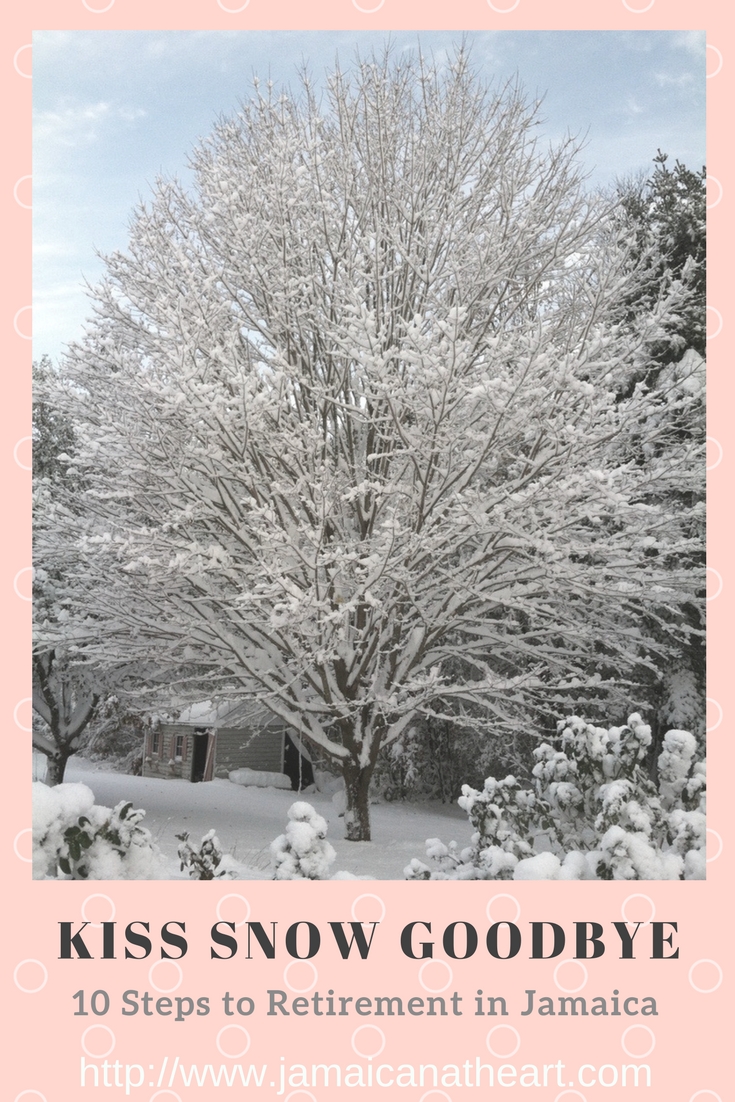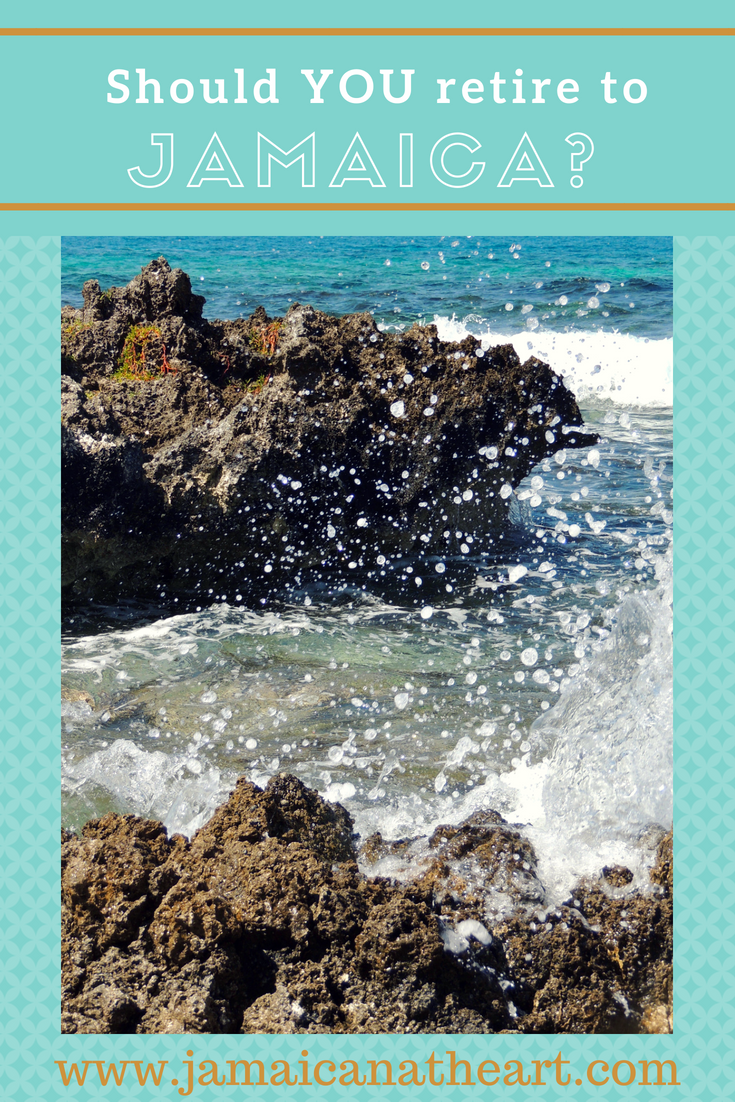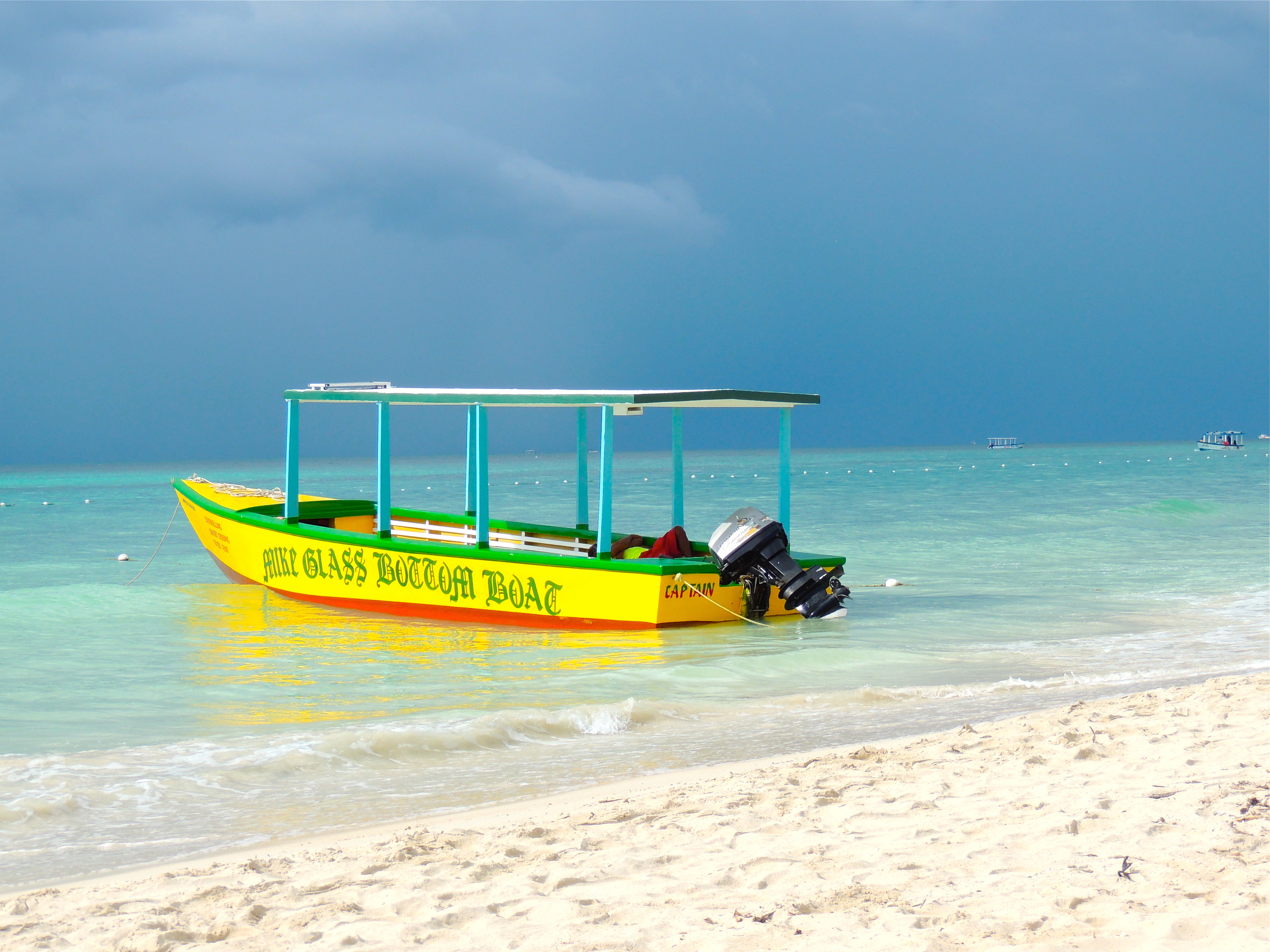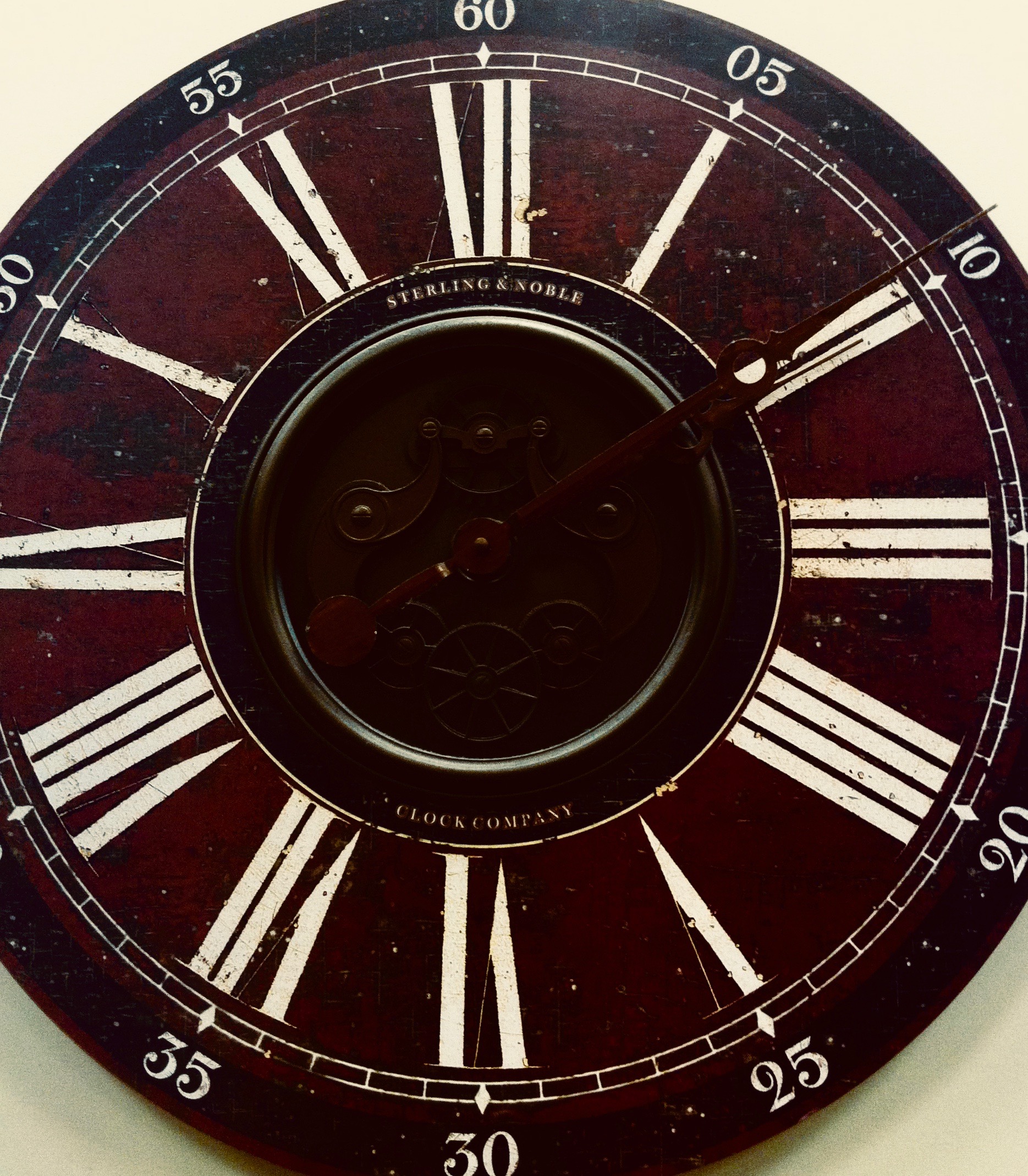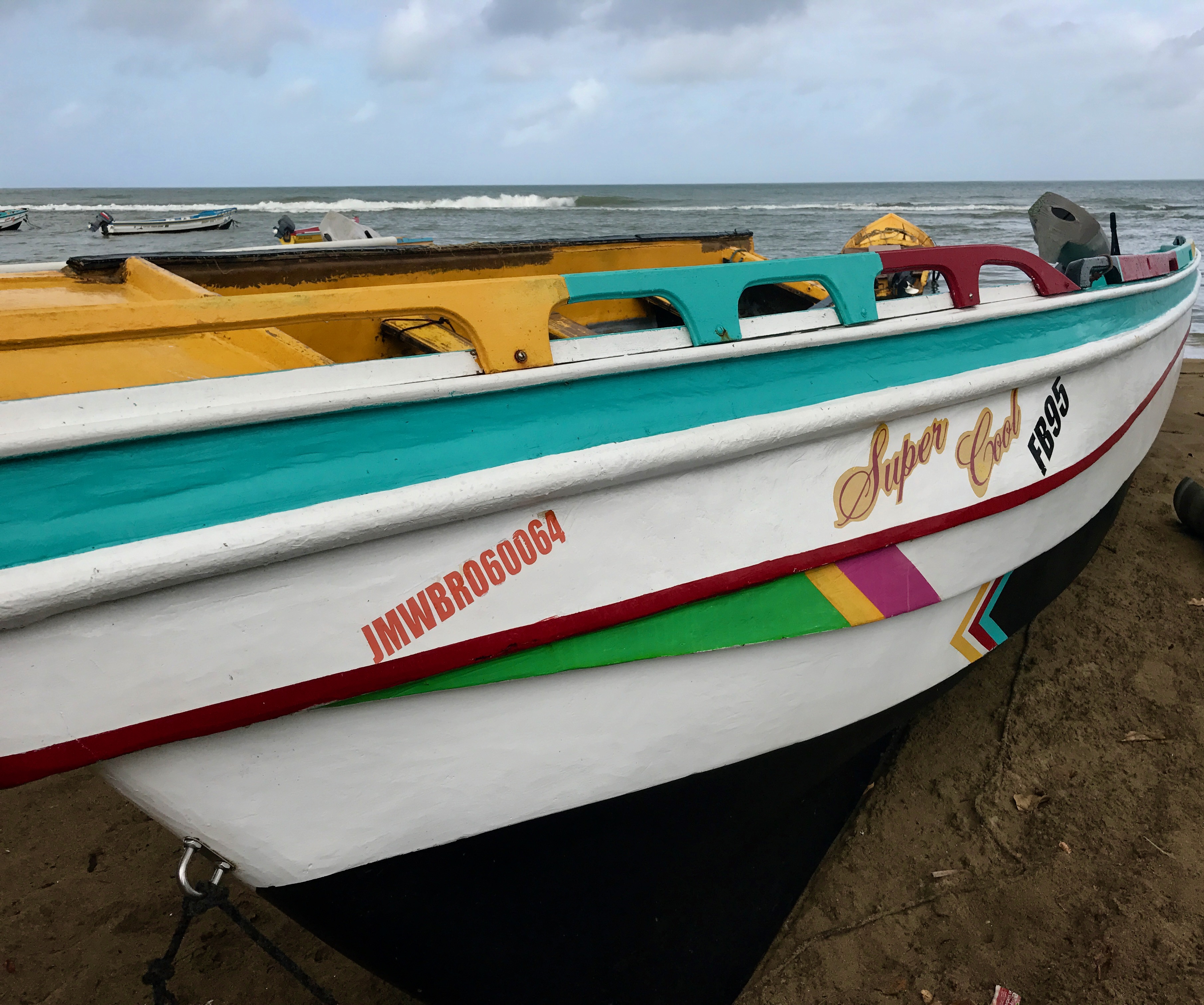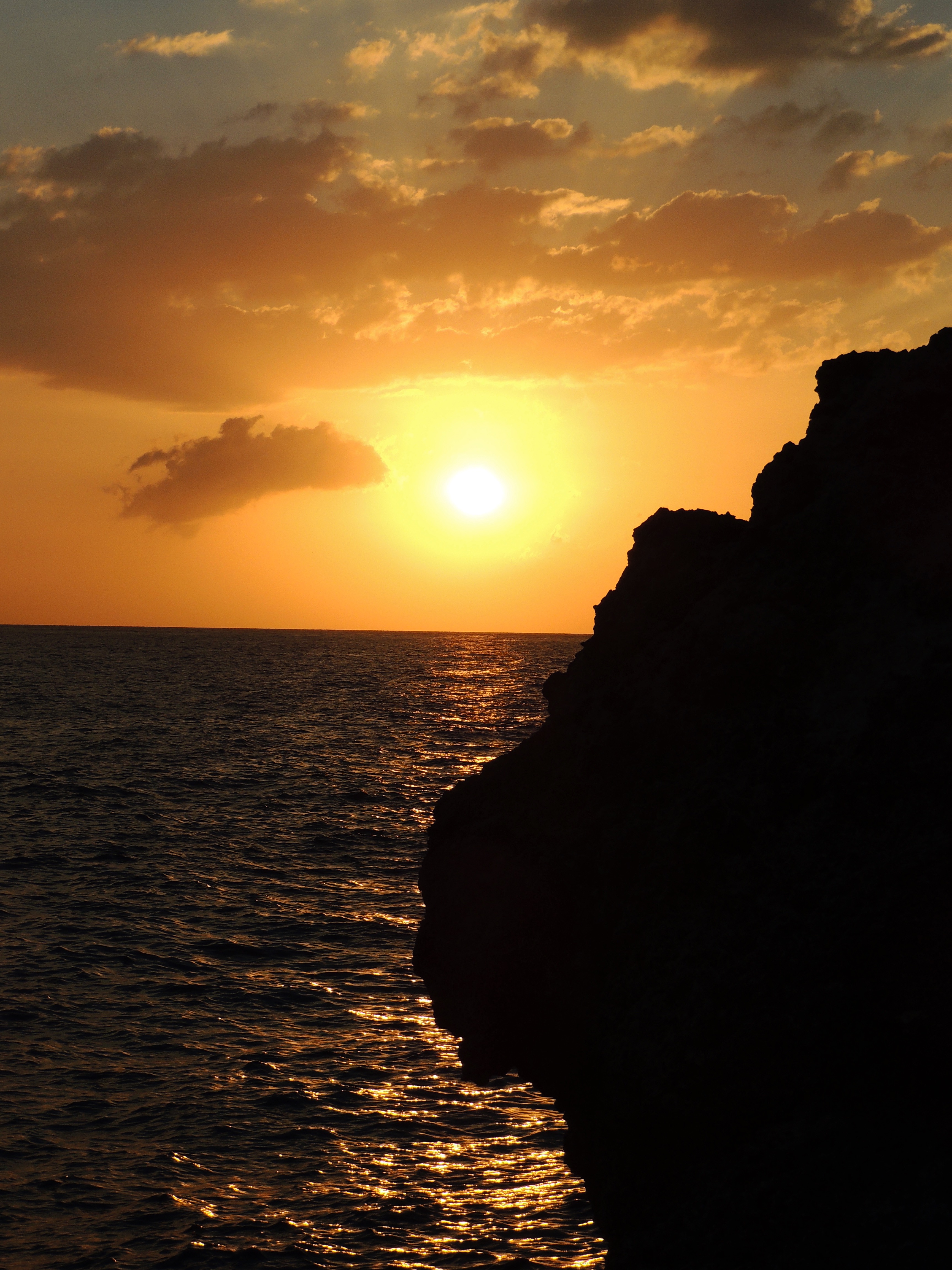Retirement: 6 Steps Closer to Kissing Snow Goodbye
Ready to ditch those mukluks and throw away your snow shovel as you reach retirement?
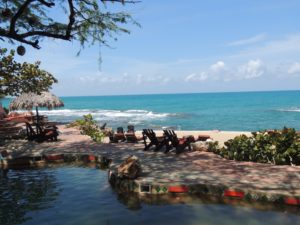 When we think about our golden years, we picture them as being relatively carefree. Many people reading this may envision living out their retirement years on a tropical island like Jamaica.
When we think about our golden years, we picture them as being relatively carefree. Many people reading this may envision living out their retirement years on a tropical island like Jamaica.
Sitting under a palm tree, cold drink in hand while soft breezes blow by sounds heavenly, especially as the snow piles up around us at home. Hoping to golf, garden or read, most of us imagine retirement as a relaxing time. No snow to shovel. Defrosting cars a thing of the past. Our days of dealing with frozen water pipes, OVER. Not having to worry about breaking a hip on icy steps or sidewalks. Sounds perfect, right?
To say that you need to devote a great deal of thought to the idea of retiring to a tropical island like Jamaica may seem counterintuitive. Life is slow and easy in these places, isn’t it? What could be more enjoyable? I can attest to the fact that there are pros and cons to this lifestyle that can either enhance or alter that glowing vision, depending on your perspective.
Let me preface this by saying that maybe you are part of the small percentage of middle-aged people who did everything correctly to prepare for retirement while you were working.
You worked hard and squirreled a lot of money away in wise investments. Maybe you have a huge retirement account. Perhaps you invested $50,000 for your house 40 years ago and now it’s worth $500,000.
A rare few may have even done all of the above. For them, life will be remarkably easy when relocating to a Caribbean island.
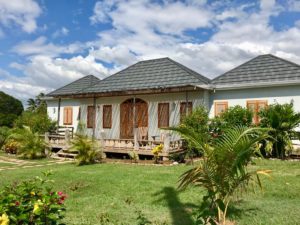 Those fortunate few could easily retire to a place like Jamaica and afford to pay someone to do everything that they don’t feel like doing.
Those fortunate few could easily retire to a place like Jamaica and afford to pay someone to do everything that they don’t feel like doing.
There are many people in these smaller countries without any means of making actual cash. Mowing the yard, doing the laundry, cleaning the house, and just about anything else, can all be hired out if the price is right. “Helpers” will gladly take great care of it all. Cheap domestic labor can be a huge pro as you weigh out your retirement options.
While that’s always a nice position to be in, few of the expats I’ve met in Jamaica are quite that well prepared. For many, things haven’t gone quite as planned. Divorces, sky rocketing tuition fees for college-aged kids, unexpected medical expenses, or the death of a spouse have often drained the life out of their financial planning.
Step 1: Learn to live like a Jamaican.
Fortunately, many of us find that life can be lived economically if you “live like a Jamaican.”
What does that mean? Well, it means that you’ll have to give up your steaks and eat fish or chicken. It means rice and peas rather than Irish potatoes. Cereal, candy, name brand cleaners or detergents, plastic storage bags that zip shut, and processed foods like pancake mixes or icing for a cake will break the bank. They are usually imported and pricey.
 More good news is that in a land with a year-round growing season, many items are very affordable. Fruit that is literally fresh from the trees, veggies pulled out of the rich, red soil that morning and so much more, are always available at roadside stands and farmers markets. Before you know it, these healthy options will become the staples of your diet. Didn’t you say you wanted to become a vegetarian anyway?
More good news is that in a land with a year-round growing season, many items are very affordable. Fruit that is literally fresh from the trees, veggies pulled out of the rich, red soil that morning and so much more, are always available at roadside stands and farmers markets. Before you know it, these healthy options will become the staples of your diet. Didn’t you say you wanted to become a vegetarian anyway?
Most Jamaicans are great at stretching their money. They take short showers to conserve water. Lights are turned off as quickly as possible, even in the shops on sunny days. Anything that can live a second life is repurposed, often in ingenious ways. People may be able to feed themselves from a garden and a yard full of fruit trees but they still have bills to pay. Surplus of anything from used clothing, to extra fruit or even old plumbing hardware are all seen as sources of possible cash income.
Step 2: Investigate, Infiltrate and Invest Yourself
Now, before you sell everything you own and purchase a one-way ticket to paradise, look hard at WHY you want to live in a foreign country.
As I mentioned in my previous post, “The Caribbean and Beyond: Point to Ponder,” you need to actively spend time in the local scene and participate in, rather than just observe, REAL life. Hopefully, you’ve already moved away from staying in the big hotels, are breaking into the family run guesthouse arena and are ready to jump into the lifestyle.

Slowly infiltrate your way into the community. Get to know the people in the shops. Jamaicans are generally very private and hold their cards close to the vest, so ask generalized questions rather than personal ones. Resist the urge to make suggestions on better ways of doing things.
For example, ask about where they might go for a larger purchase, like a ceiling fan, furniture or a new oven. Figure out how people who don’t own cars manage to transport those items home. Try to ascertain what their typical day looks like. Ask yourself if you can deal with the hurdles they encounter. Let me tell you from personal experience, waiting by the side of the road with your new toilet until a taxi comes along is an odd feeling.
Step 3: Make Friends, Connections are EVERYTHING
By investigating the culture and investing in these relationships, you will begin to crack the code of life in Jamaica, or whatever developing country you may be considering.
You will also be making valuable allies. Connections are everything in these small countries and you are going to need them at some juncture. There are no sweeter words than to hear a friend announce that they “know somebody” at the bank or the tax office, etc. This might just be the person who can facilitate the completion of whatever tedious task you are struggling with.
While you are at it, you need to try to live out what your typical day is going to look like, as well. Do your own shopping, cooking and laundry. Take the local taxis and buses. Be real with people and begin to integrate. Walk around town like everyone else does. If you do end up eventually living there, you’ll already have a great support system in place. If not, you will have made friends that you’ll likely keep for life.
Step 4: Don’t come across as having “the answers.”
Coming from abroad, with our backgrounds of relative wealth, we often don’t really understand what it’s like to “live without.”
Growing up poor and/or illiterate or in any other way “disadvantaged” in these countries gives people a mindset that can be hard for the rest of us to grasp. We often think we get it but, how can we? It’s like the difference between closing our eyes and pretending to be blind for a few hours, versus being blind from birth.
A truly eye-opening book on the subject is “A Framework for Understanding Poverty; A Cognitive Approach
.” I highly recommend it. I’ve been told that even Jamaicans that have read it have developed a deeper understanding of the behaviors they see around them or even those they portray themselves.
In the same way, we can be quite blinded to the realities of our neighbors in these places. It’s easy to look at their broken-down mower, for example, and quip that it just needs to be replaced. Meanwhile, we are ignorant to the fact that they are hardly able to afford electricity.
Step 5: Walk gently, Jamaicans can be offended easily.
You can’t tell on the surface where someone has come from or what they’ve been through.
It’s easy to make assumptions that the guy tiling your bathroom is lazy when he asks you to write down the list of supplies he needs. The reality may just be that he never learned to read or write. Insisting that he write it down, may keep you from messing it up yourself. It can also lead to his extreme embarrassment and you may end up tiling, plumbing or whatever yourself.
When you then get to the hardware store and order what you thought the tile guy was saying, be prepared. Don’t be surprised to have the salesperson stare at you blankly. He is likely hesitant to tell you that he has NO idea what you are asking for. He doesn’t want to embarrass you. Between the accents, the British terms for items, and the actual patois, it’s a crap shoot as to whether you will get what you were sent for or not.
Step 6: Let go of your preconceived notions.
As I keep repeating, both in these posts and to myself, the adjustment period is basically controlled by our preconceived notions, cultural ideals and personal paradigms.
Whether we are considering living out our retirement years in Tuscany, the countryside of France, or Jamaica, we will be the ones obligated to bend and shift. Letting go of our high expectations and “the way we do it at home” will be essential to the success of our decision.
 Take your time in making these life altering decisions. Yes, sometimes, we have to jump on an opportunity but often, the best results come when we take our time. I’ve listened to so many stories of people who sold everything and jumped into their new life abroad. Many came to regret it only a year later. Some don’t even last that long. Six months in and they are looking at different options.
Take your time in making these life altering decisions. Yes, sometimes, we have to jump on an opportunity but often, the best results come when we take our time. I’ve listened to so many stories of people who sold everything and jumped into their new life abroad. Many came to regret it only a year later. Some don’t even last that long. Six months in and they are looking at different options.
Is it the end of the world if you move to Jamaica, or wherever your dream retirement spot is, and hate it? No. You may suffer financial setbacks and have to offer up some humility in moving back home, but you will survive. You may even be surprised at what you learn about yourself, and that’s valuable, right?
I had a great conversation with a very elderly Austrian friend of mine, Peter, a while back. I asked him what the key to a long, happy life was. He told me that you have to keep reinventing yourself every so many decades. Your life can’t be static. I thought this was great advice. So, I’m no longer “the goat cheese lady” or “the mom of 10 kids.” Now, I’m working towards being “the town baker” and “the writer.” It’s virgin territory for me but I find it to be invigorating.

Who do YOU want to be next? Tell me about it in the comment section below. I’d love to hear about your dreams for retirement, or anything you are trying to make happen.
Please take a minute to subscribe to our blog below. We won’t load up your inbox or sell your info. We will, however, keep you updated. Blessings to you!
Interested in Pinterest? Click on the Pinterest button and see the cool hidden pins that you can add to your account.
Disclosure: We may be paid a small commission for purchases made from any affiliate links in this post. It will not raise your price or cause any changes for you. We only offer links to products and services that we’ve personally tried and loved.
Jamaican Coco Bread

Enter your email and get my favorite Jamaican Coco Bread recipe FREE along with our email newsletter.


